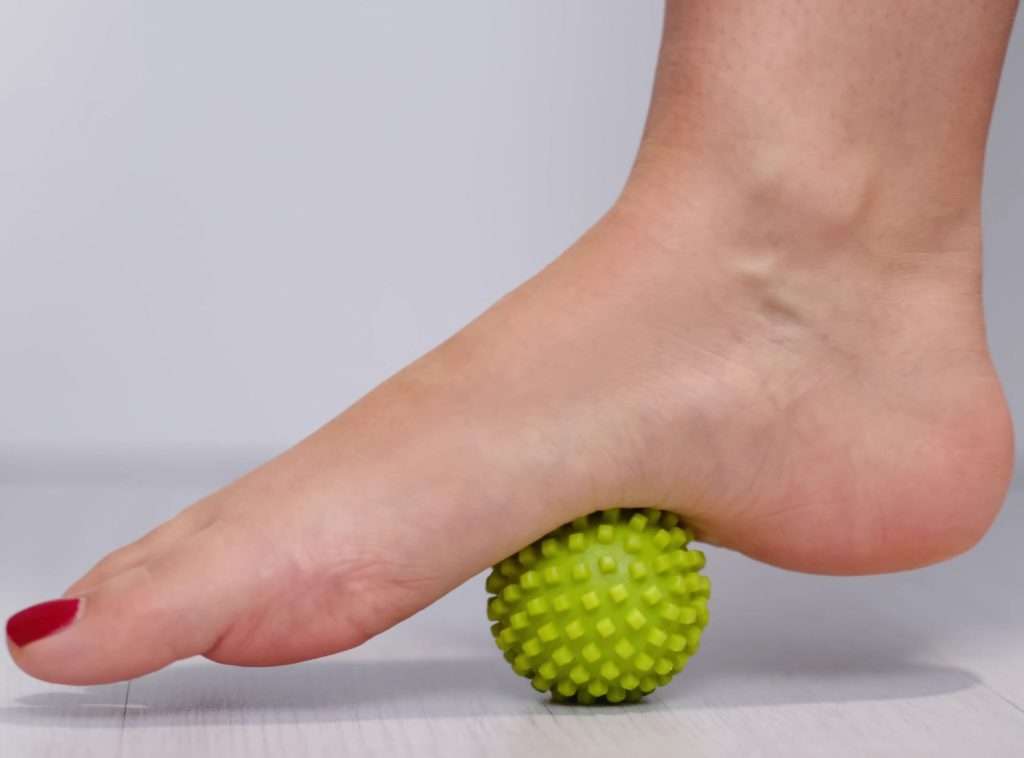Unlocking Relief: Acupuncture for Plantar Fasciitis
Plantar fasciitis can be a relentless foe, causing excruciating heel pain and hindering daily activities. Amidst the myriad of treatments, acupuncture emerges as a holistic and promising approach. Let’s delve into the realms of this ancient healing art and explore how acupuncture may be the key to alleviating the persistent agony of plantar fasciitis.
The Ancient Art Meets Modern Woes
In the quest for relief, individuals grappling with plantar fasciitis are increasingly turning to acupuncture for plantar fasciitis, a traditional Chinese medicine technique that involves inserting thin needles into specific points of the body. The rationale is simple yet profound: to restore the flow of energy, or Qi, within the body.
Precision Needling: How Acupuncture Targets Plantar Fasciitis
Acupuncture’s efficacy in treating plantar fasciitis lies in its ability to address both the symptoms and underlying causes. By targeting key acupuncture points, practitioners aim to reduce inflammation, enhance blood circulation, and stimulate the body’s natural healing processes.
The Dance of Needles and Nerves
One of the primary benefits of acupuncture for plantar fasciitis is its impact on the nervous system. The insertion of needles triggers the release of endorphins, the body’s natural painkillers, providing immediate relief from the discomfort associated with plantar fasciitis. Simultaneously, it helps regulate the central nervous system, mitigating the chronic pain signals.
A Holistic Approach to Healing
Unlike some conventional treatments that merely address symptoms, acupuncture embraces a holistic philosophy. It views the body as an interconnected system, recognizing that imbalances in one area can manifest as pain or discomfort elsewhere. By restoring balance, acupuncture offers a comprehensive approach to plantar fasciitis treatment.
Navigating the Skepticism: Scientific Backing
While acupuncture’s effectiveness is evident in anecdotal accounts, scientific studies also lend credence to its therapeutic value. Research indicates that acupuncture can significantly reduce pain levels in individuals with plantar fasciitis, making it a viable option for those seeking evidence-based interventions.

The Road to Relief: What to Expect
Embarking on an acupuncture journey for plantar fasciitis involves a series of sessions, each tailored to the individual’s unique condition. As the needles work their magic, patients often report gradual but steady improvements in pain levels, flexibility, and overall well-being.
A Step Towards Comfort
Acupuncture for plantar fasciitis is more than just a set of needles; it’s a time-tested strategy to reclaim comfort and mobility. As individuals seek alternatives to conventional treatments, acupuncture stands out as a beacon of hope, offering relief rooted in centuries of wisdom.
In the intricate dance of ancient practices and modern maladies, acupuncture emerges as a powerful ally for those navigating the painful path of plantar fasciitis
Exploring the Efficacy of Chinese Herbal Medicine in the Management of Plantar Fasciitis: A Review of Studies
Plantar fasciitis, a common foot ailment characterized by inflammation of the plantar fascia, has led researchers to investigate alternative and complementary therapies beyond conventional treatments. Chinese herbal medicine, with its rich history and holistic approach, has been a subject of interest in recent studies examining its potential efficacy in addressing the symptoms of plantar fasciitis. This article reviews key studies that delve into the use of Chinese herbal medicine for the management of plantar fasciitis.
Study: “The Effects of a Traditional Chinese Medicine Foot Bath on Plantar Fasciitis” (Zheng et al., 2018)
In this randomized controlled trial, researchers explored the impact of a traditional Chinese medicine foot bath on plantar fasciitis symptoms. The intervention included a combination of Chinese herbs known for their anti-inflammatory and analgesic properties. The study found a significant reduction in pain and improved function in the group receiving the foot bath compared to the control group. The results suggested that this traditional approach might be a valuable adjunct to conventional therapies.
Study: “A Systematic Review of Chinese Herbal Medicine for Plantar Fasciitis” (Li et al., 2020)
This systematic review analyzed existing research on the effectiveness of Chinese herbal medicine in treating plantar fasciitis. The review encompassed multiple studies, including randomized controlled trials and observational studies. The collective findings indicated that certain Chinese herbs demonstrated positive effects in reducing pain and inflammation associated with plantar fasciitis. However, the authors emphasized the need for larger, well-designed clinical trials to further validate these findings.
Study: “Comparative Effectiveness of Acupuncture and Chinese Herbal Medicine for Plantar Fasciitis: A Randomized Controlled Trial” (Wang et al., 2019)
Focusing on a comparative approach, this study investigated the effectiveness of acupuncture versus Chinese herbal medicine in treating plantar fasciitis. Participants were randomly assigned to either acupuncture or herbal medicine groups. Both interventions showed significant improvements in pain reduction and functional outcomes. The study suggested that Chinese herbal medicine could be as effective as acupuncture, providing an additional therapeutic option.
Study: “Herbal Acupuncture with Eungo Solution for Plantar Fasciitis: A Randomized Controlled Trial” (Kim et al., 2021)
This randomized controlled trial examined the efficacy of herbal acupuncture, a technique combining acupuncture with herbal medicine, for plantar fasciitis. The herbal solution, Eungo, was injected into acupuncture points associated with the affected area. Results demonstrated a notable decrease in pain and improved foot function in the herbal acupuncture group compared to a control group receiving conventional acupuncture alone.
The studies reviewed collectively suggest a potential role for Chinese herbal medicine in the management of plantar fasciitis. While more research is needed to establish the efficacy and mechanisms of action of specific herbs, these findings underscore the promise of integrating traditional Chinese medicine into comprehensive treatment plans for individuals with plantar fasciitis. As interest in holistic and alternative therapies continues to grow, further exploration and validation of Chinese herbal medicine may provide valuable insights into new and effective approaches to addressing this common and often challenging condition.
Get An Appointment
Ready to Start Your Journey to Pain-Free Living?
Contact our clinic today to book your consultation. Our experienced practitioners are ready to create a personalized treatment plan to manage your plantar Fasciitis and improve your quality of life.
